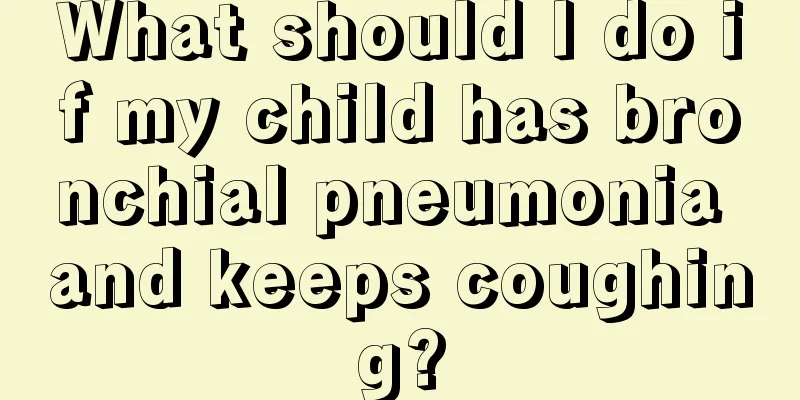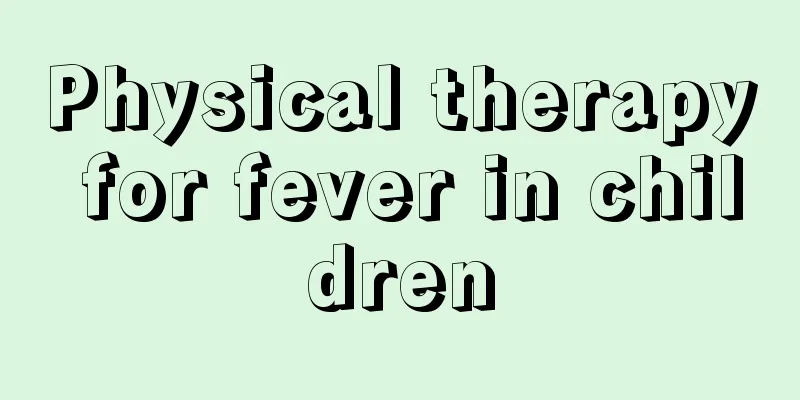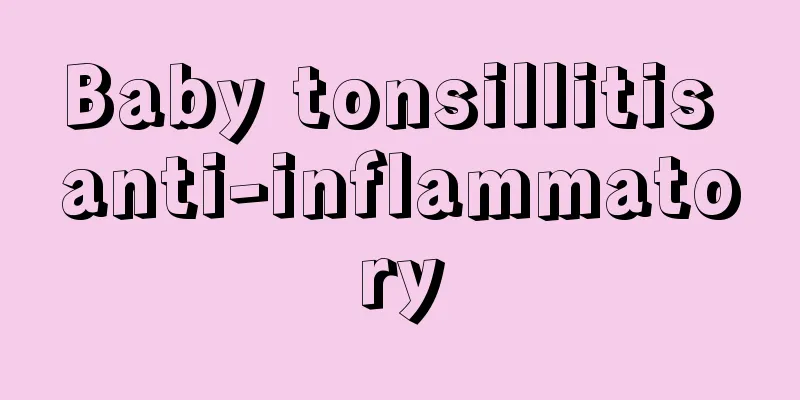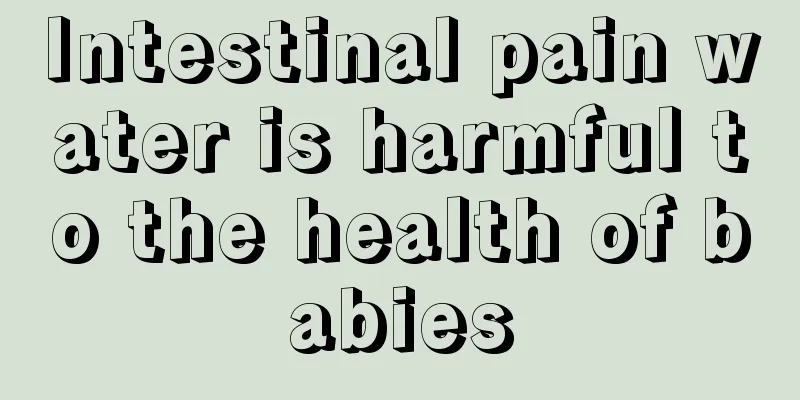What should I do if my child has bronchial pneumonia and keeps coughing?

|
Generally, bronchopneumonia is a common respiratory disease in children, usually manifested by symptoms such as shortness of breath, cough, and fever. Severe cases may also lead to other complications, among which cough is the most obvious. Most patients are prone to persistent coughing. Therefore, not only early treatment is required, but early prevention work also needs to be done well. So what should we do if children’s bronchopneumonia cough does not go away? Bronchitis is a common respiratory disease in children with a high prevalence. It can occur throughout the year and reaches its peak in winter and spring. When suffering from bronchitis, children often have varying degrees of fever, cough, loss of appetite, or vomiting, diarrhea, etc. Younger children may also have symptoms of bronchiolitis such as wheezing and gasping. Although a small number of children may develop bronchopneumonia, most children have mild symptoms and are mainly treated with medication and care at home. Parents should follow the doctor's instructions to give their children medication on time and provide good home care: 1. Keep warm: Temperature changes, especially cold stimulation can reduce the local resistance of the bronchial mucosa and aggravate bronchitis. Therefore, parents should add or remove clothes for the children in time according to the temperature changes, especially cover the children with quilts when sleeping to keep the body temperature above 36.5 degrees Celsius. 2. Feed more water: Children with bronchitis will have varying degrees of fever, and water evaporation is greater, so you should pay attention to feeding the child more water. It can be supplemented with sugar water or sugar and salt water, or with rice soup or egg soup. The diet is mainly semi-liquid to increase the water content in the body and meet the body's needs. 3. Adequate nutrition: When children suffer from bronchitis, they consume a lot of nutrients. In addition, fever and bacterial toxins affect gastrointestinal function and cause poor digestion and absorption. Therefore, nutritional deficiencies in the children's bodies cannot be ignored. In this regard, parents should adopt the method of small meals and frequent meals for their children, and provide them with light, nutritious, balanced and easily digestible semi-liquid or liquid diets, such as porridge, cooked noodles, egg custard, fresh vegetables, fruit juice, etc. 4. Turn over and pat the back: When the child coughs and expectorates, it indicates that the secretions in the bronchial tubes have increased. In order to promote the smooth discharge of secretions, nebulizer inhalation can be used to help expectorate, 2-3 times a day, each time for 5-20 minutes. If it is an infant, in addition to patting the back, you should also help the child turn over once every 1-2 hours, so that the child remains in a semi-recumbent position to facilitate the discharge of phlegm. I have briefly introduced to you what to do if your child has a persistent cough due to bronchial pneumonia. When your baby has a persistent cough due to bronchial pneumonia, you can try the above method. I believe it will be helpful for the treatment. In addition, do not take folk remedies indiscriminately during the treatment to avoid worsening of the disease and loss of control. Also pay attention to drinking plenty of water and eating a balanced diet. |
<<: Why does my baby always hum when he sleeps?
>>: Why is my baby's poop a little watery?
Recommend
Where should I use moxibustion for my baby's runny nose
Moxibustion, a traditional Chinese medicine treat...
What's the matter with the sunken front fontanelle?
The anterior fontanelle is unfamiliar to a person...
How to prevent conjunctivitis in children?
Many children may get conjunctivitis without payi...
What are the dangers of chewing gum for children?
Children should try not to eat chewing gum. For a...
When should children undergo phimosis treatment?
Genital development is very important, especially...
What should I do if my child coughs and vomits? These measures are very effective!
Many parents think that children’s coughing is no...
Why does my child always cough?
Many children are very prone to diseases because ...
Why does my child always have nosebleeds?
After seeing their children bleeding from the nos...
Reasons for excessive sweating on the head of children
It is every parent's wish that their children...
Treatment of long-term anemia in babies
If a child has a disease that keeps recurring, it...
How to deal with burns and peeling of children
When the baby is scalded again, parents must not ...
Treatment of ventricular septal defect in children
Ventricular septal defect is a congenital disease...
Why are my child's lips turning white?
Even a child's lips should usually be pink. I...
What should I do if my baby vomits after drinking water?
Parents with children at home fear most that thei...
Causes of diarrhea in five-month-old babies
It is a common phenomenon for 5-month-old babies ...









